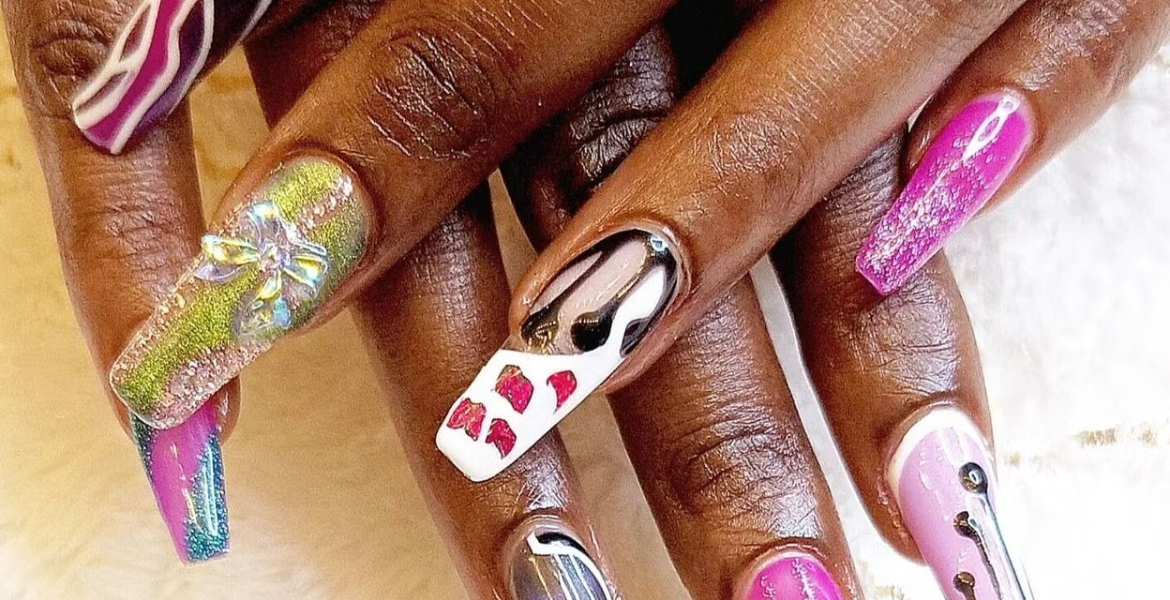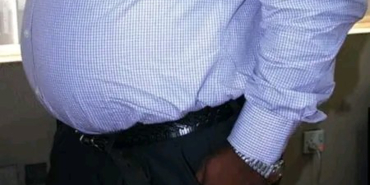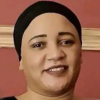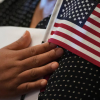The Hidden Dangers Lurking in Nairobi’s Cheap Nail Salons

Unregulated nail salons in Nairobi’s city centre have been linked to a rise in infections, including cases of tetanus and severe ingrown toenails, according to health professionals.
Dozens of low-cost beauty parlours operating in the central business district are reportedly failing to meet basic hygiene standards. Many of these salons lack running water, sterilisation equipment, and clean towels.
Tools such as nail clippers, files, and cuticle pushers are frequently reused between clients without proper disinfection, increasing the risk of bacterial and fungal infections. Although tetanus cases remain relatively rare, doctors warn that the conditions in some salons could facilitate transmission.
Dr Mark Siboe, a general and laparoscopic surgeon, explained that tetanus is caused not by rust, but by Clostridium tetani spores commonly found in dust and soil. If contaminated instruments pierce the skin in unsanitary settings, infection is possible.
A notable increase in patients presenting with ingrown toenails has also been observed. Dr Siboe said he now treats multiple cases each week, often resulting from improper nail trimming and aggressive pedicure techniques. Ingrown toenails occur when the nail edge grows into the surrounding skin, leading to pain, inflammation, and, in more serious cases, pus formation and abscesses.
The big toe is most often affected due to its exposure to pressure and tight footwear. Risk factors for ingrown toenails include ill-fitting shoes, excessive sweating, and hereditary traits such as curved or thickened nails. Adolescents, athletes, and individuals with diabetes or poor circulation are particularly vulnerable.
Moisture can soften the skin, making it more prone to injury and infection, Dr Siboe added. If left untreated, ingrown toenails can lead to persistent infections and complications such as osteomyelitis, a serious bone infection that may require surgery or, in extreme cases, amputation.
Dr Siboe advises seeking medical care within 24 to 48 hours of symptoms appearing. Attempts to self-treat or drain infections at home can worsen the condition.
Preventing these issues often comes down to simple practices. Nails should be trimmed straight across, not curved, and footwear should allow adequate room for the toes. Salons can reduce health risks by disinfecting tools between clients, using autoclaves for sterilisation, and maintaining clean foot baths and towels.
However, many of Nairobi’s downtown salons operate informally and remain outside the scope of regular health inspections.








Add new comment